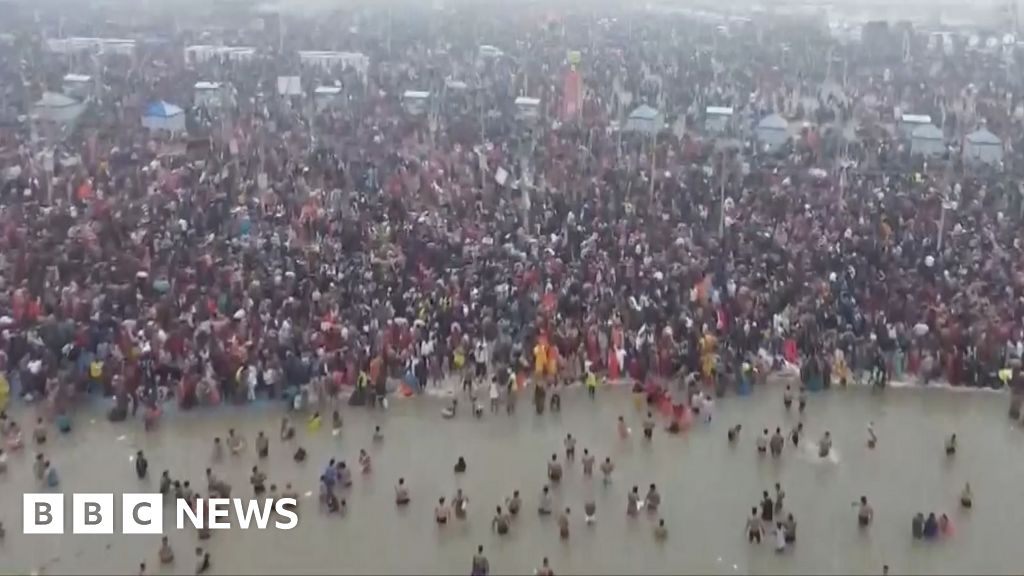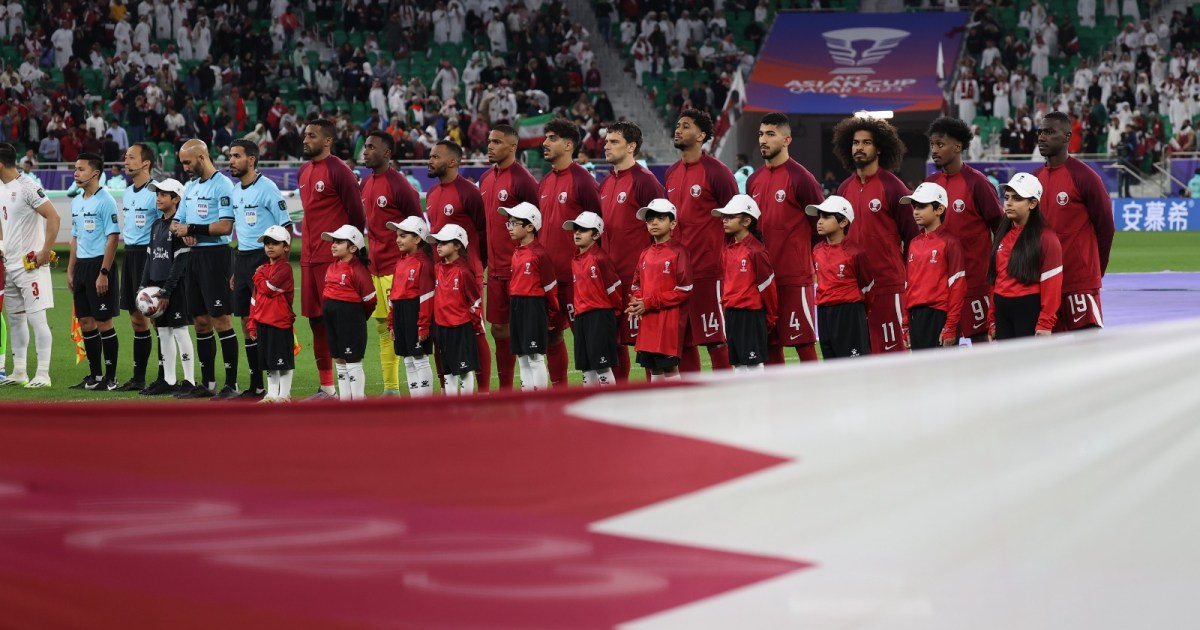The Paralympics are supposed to be fair and inclusive, but often fail to be | Opinions
The Summer Paralympic Games in Paris are now coming to a close. Over the past 10 days, more than 1,000 athletes with disabilities competed in 164 different disciplines. Inspiring stories about overcoming adversity and celebrating diversity filled sports pages covering the event.
Indeed, the Paralympics, which are held every four years, promise athletes with disabilities a platform where dedication and skill, not their physical conditions, define their potential for victory. They are supposed to guarantee fairness and inclusivity.
Yet, when I naively embarked on my journey as a Paralympic athlete, I was shocked to find a system that often accentuates rather than diminishes disabilities. While the International Paralympic Committee (IPC) touts advancements in athlete inclusion and competitive integrity, many athletes face a different reality.
A flawed foundation
When the Paralympics started in 1960, they focused on catering mainly to World War II veterans with specific injuries. Competitions were organised by amputation type or wheelchair use. These categories are still largely in use 70 years later, with athletes being grouped based on their impairments.
The goal is to create a level playing field by ensuring that athletes compete against others with similar ability levels. However, this classification system does not accommodate the wide spectrum of disabilities now present in the games.
I personally experienced the system’s inadequacies when officials, unable to classify my unique set of impairments, arbitrarily placed me in a category originally intended for athletes with below-knee amputations, despite the fact that I have both of my legs.
This is because my sport does not have a classification category for athletes with impairment in all four limbs, which is my circumstance. I was told that the IPC had not anticipated someone with my level of disability wanting to compete.
While my ill-fitting classification did not ultimately prevent me from excelling in my discipline, the same cannot be said for many others.
This broken system leads to unfair competition. Notably, chronic illnesses and complex disabilities, which are increasingly common today, are routinely oversimplified during classification.
Competitors with these conditions simply do not fit into the existing system that the IPC has put in place and continues to stand behind. Instead, their disabilities are boiled down to the most similar amputation or spinal cord injury.
Furthermore, in some Paralympic sports, athletes with different impairments are grouped together. This is the case in track and field and skiing. This can result in fundamentally unfair competitions, like a skier missing a hand competing against one missing a leg. In the most extreme cases, athletes with full vision compete against those who are blind.
To address this imbalance, the IPC adjusts competition times based on classification categories, hoping to create fairness. However, this method is far from effective. It is like trying to even out a race between athletes by changing their finish times after the fact – it does not truly reflect their abilities or the challenges they face. The current system, despite likely good intentions, fails to provide a genuinely level playing field for anyone involved.
As a result, an athlete with a distinct advantage due to misclassification often emerges as the winner in competitions.
High stakes, abuse and silencing
Globally, the problem is exacerbated by the high stakes involved in Paralympic competition, including sponsorships and national pride. Since 2018, Paralympic medal payouts in the United States have increased by up to 400 percent. With significant financial rewards at stake, the pressure to win leads some athletes to cheat. Unlike able-bodied sports where doping is the primary issue, Paralympic athletes can manipulate the classification system by exaggerating or faking their disabilities.
While the majority of athletes do not exploit the system and are deserving of their accolades, cheating does occur. For example, Indian discus thrower Vinod Kumar, who won a bronze medal in the 2021 Summer Paralympics, was later disqualified for intentionally misrepresenting his impairments to compete against more severely disabled athletes. In 2017, British sprinter Bethany Woodward returned her silver medal from a team event, believing it was unfairly earned because a teammate had cheated classification.
These known cases are just the tip of the iceberg; many incidents of cheating go uncontested. Prominent athletes have repeatedly and publicly criticised the classification system, but to no avail.
For example, after the 2022 Winter Paralympics in China, Team USA’s winter and summer star athlete Oksana Masters commented: “Misclassification had a massive, massive impact on athletes … It has been an issue for a very long time, and it’s not being addressed.”
But the vast majority of athletes have remained silent. That is because those who dare to question or criticise the classification system have faced severe repercussions, including threats of exclusion from national teams and withdrawal of funding.
In 2016-17, a duty-of-care review conducted into British sport revealed that British athletes who wanted to speak out about classification cheating were “intimidated and bullied” into keeping quiet.
I too worry that voicing my concerns could have ramifications on my Paralympic career, which is why I have chosen to write under a pseudonym.
Change is urgently needed
I am speaking out now because this matters.
Many sports fans may not be able to articulate the difference between the Paralympics and the Special Olympics, let alone tune in to watch. For others, this may simply be another sporting event.
However, for athletes with disabilities, the Paralympic Games represent a profound narrative of overcoming adversity and showcasing human potential. When the integrity of this platform is compromised, it doesn’t just affect the athletes – it undermines a global movement towards equality and recognition in sports.
The IPC’s current system leads to the least disabled athletes within their category winning, while others are set up to fail. This system benefits a few at the top while harming the majority. The IPC is too busy patting themselves on the back to see athletes’ struggles.
To salvage the integrity of the Paralympics, the system needs an overhaul. Admittedly, this is a complex task that requires careful consideration. Independent oversight and input from a diverse group of experts, athletes, and advocates is necessary.
Introducing a transparent, dynamic classification process that evolves with medical and technological advancements in disability is crucial. Furthermore, protecting athletes who speak out against injustices is essential for cultivating an environment where fair play is the highest priority.
As an athlete who stepped into this world hoping to transcend limitations, I call for a system that genuinely reflects the resilience and diversity of its competitors. As we rally behind our athletes, let us also advocate for fairness in every aspect of their competition. Only then will the Paralympic Games truly honour the athletes they aim to celebrate.
The views expressed in this article are the author’s own and do not necessarily reflect Al Jazeera’s editorial stance.
Check out our Latest News and Follow us at Facebook
Original Source







